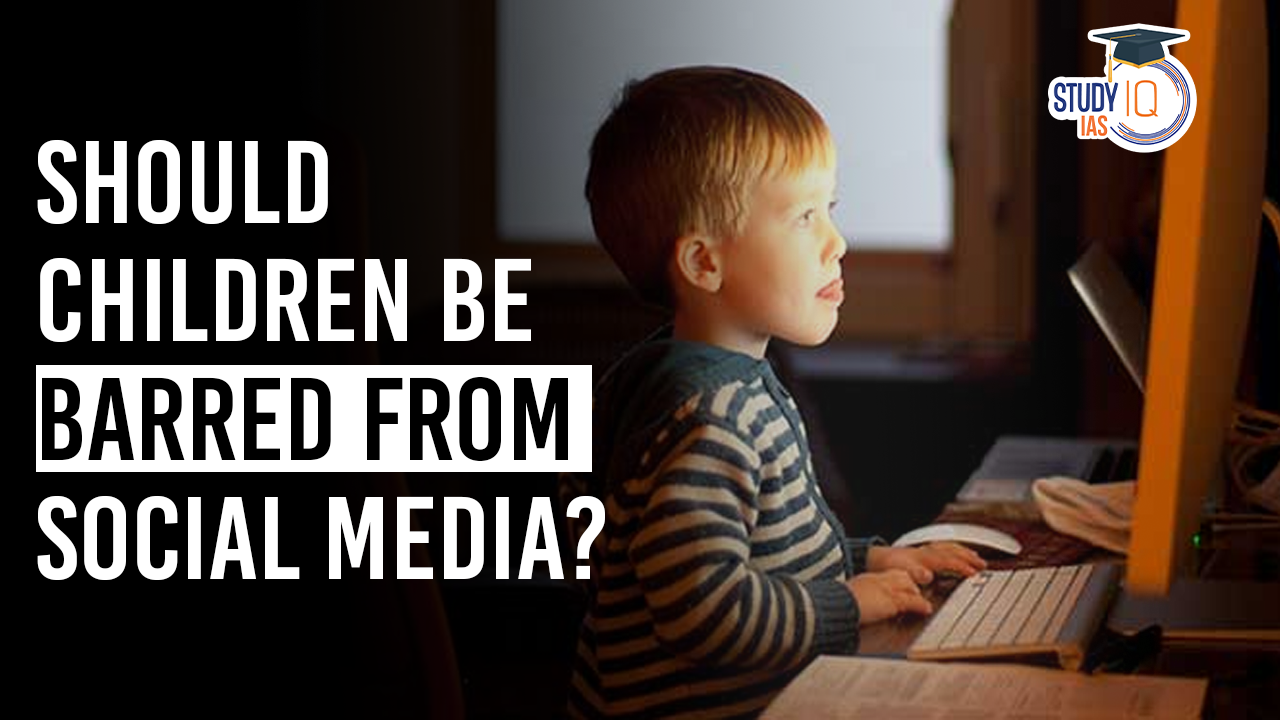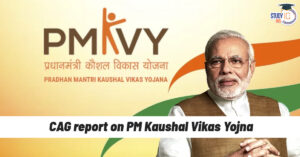Table of Contents
Challenges of Social Media Usage by Children
- Mental Health Impacts: There is increasing anxiety around cyberbullying, where children may experience psychological harm due to what their peers post or comment about them on social media.
- Additionally, studies have shown that social media use can have negative effects on the mental well-being of children, contributing to issues like body image dissatisfaction.
- Increase in Harmful Behaviours: The rise in social media usage correlates with an increase in risky behaviours among youth, such as substance abuse and unsafe sexual practices.
- Example: A study from the Journal of Adolescence highlighted that minors often engage in such behaviours due to FOMO (Fear of Missing Out), influenced by what they see on social media.
- Materialism and Consumerism: Products are aggressively marketed to children, pushing them to focus on their appearance and material goods at an early age, which can have damaging psychological effects.
- g., Sephora Tweens
- Exposure to Harmful Content: Children being exposed to harmful content that could have lasting negative effects, such as violence, inappropriate imagery, or online predators.
- Lack of Age Verification and Regulation: The age restriction to use an app is not properly enforced and loopholes exist, such as allowing access with parental consent.
- Furthermore, children can easily lie about their age to create accounts, circumventing these measures.
|
What does the term Sephora tweens Means? |
|
What are the Concerns /Issues Associated with Banning Children to Use Social Media?
- Exposure to Less Regulated Services: Restrictions may “limit young people’s access to critical support” and push them to “less regulated non-mainstream services”.
- Ineffectiveness of Previous Bans: There is no strong evidence to suggest that a ban on social media or online activities would be effective.
- South Korea’s Midnight Gaming Shutdown law led to identity theft as children found ways to access gaming platforms.
- Conflict with Legal Rights: Banning social media for children could violate existing laws, particularly those related to children’s rights.
- According to the UN, children have the right to engage in recreational activities of their choosing, which includes social media and online games.
- Moral Questions: Restricting children’s access to social media can be seen as morally questionable, as it limits their autonomy and ability to engage in a key form of modern socialisation.
- Challenge in Placing the Responsibility on Parents: To regulate their children’s online activity can be unreasonable, particularly in regions with low digital literacy and shared device usage.
|
International Examples |
|
Indian Regulations and Challenges
- In India, the Digital Personal Data Protection Act, 2023, mandates that children under 18 can access platforms collecting their personal data only with parental consent.
- However, this regulation faces implementation challenges due to low digital literacy and the complexity of verifying identities in a population with diverse languages and technological skills.
- A significant number of children help their parents navigate online platforms, which raises questions about the effectiveness of relying solely on parental supervision.
- Additionally, the entertainment industry requires permissions for child participation, but social media influencers fall into a grey area where regulations are still underdeveloped.
Measures to be taken
- The National Commission for Protection of Child Rights came out with guidelines in 2023 requiring permission from district magistrates before a child can perform in any audio visual content.
- There is a need for more stringent regulations on tech companies, particularly in terms of designing child-friendly spaces.
- Instead of focusing solely on banning children from social media, there should be a shift towards encouraging platforms to adopt age-appropriate designs, as seen in other countries.
- Incorporating digital literacy into the education system, teaching children how to navigate online environments safely, and ensuring platforms offer more transparent reporting on safety measures and their outcomes are essential steps forward.
- Furthermore, the introduction of laws that protect child influencers and regulate the financial benefits from their online activities is crucial for safeguarding their rights.


 National Project for Strengthening Disas...
National Project for Strengthening Disas...
 CAG Report on Pradhan Mantri Kaushal Vik...
CAG Report on Pradhan Mantri Kaushal Vik...
 NITI Aayog Report on Public R&D Inst...
NITI Aayog Report on Public R&D Inst...

























